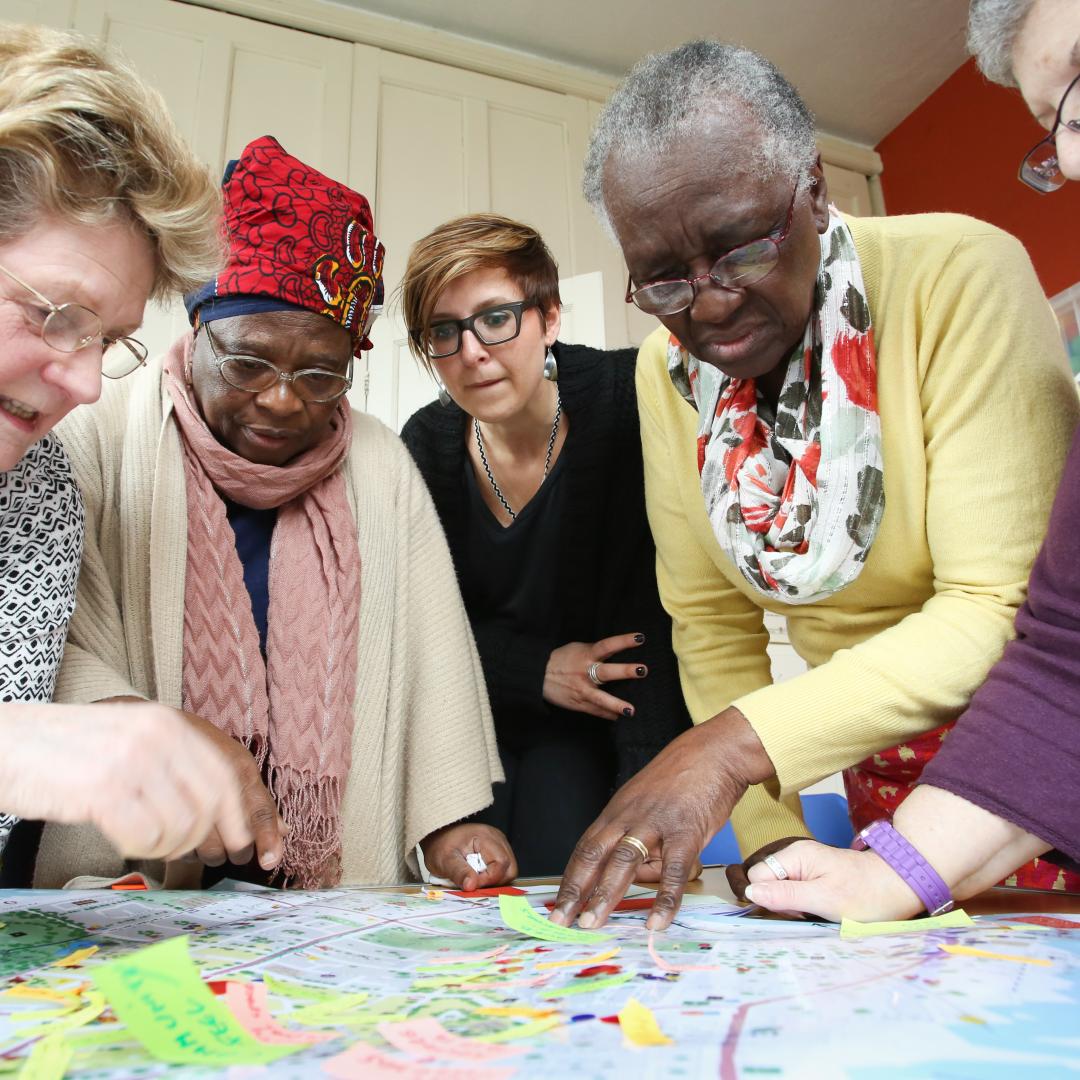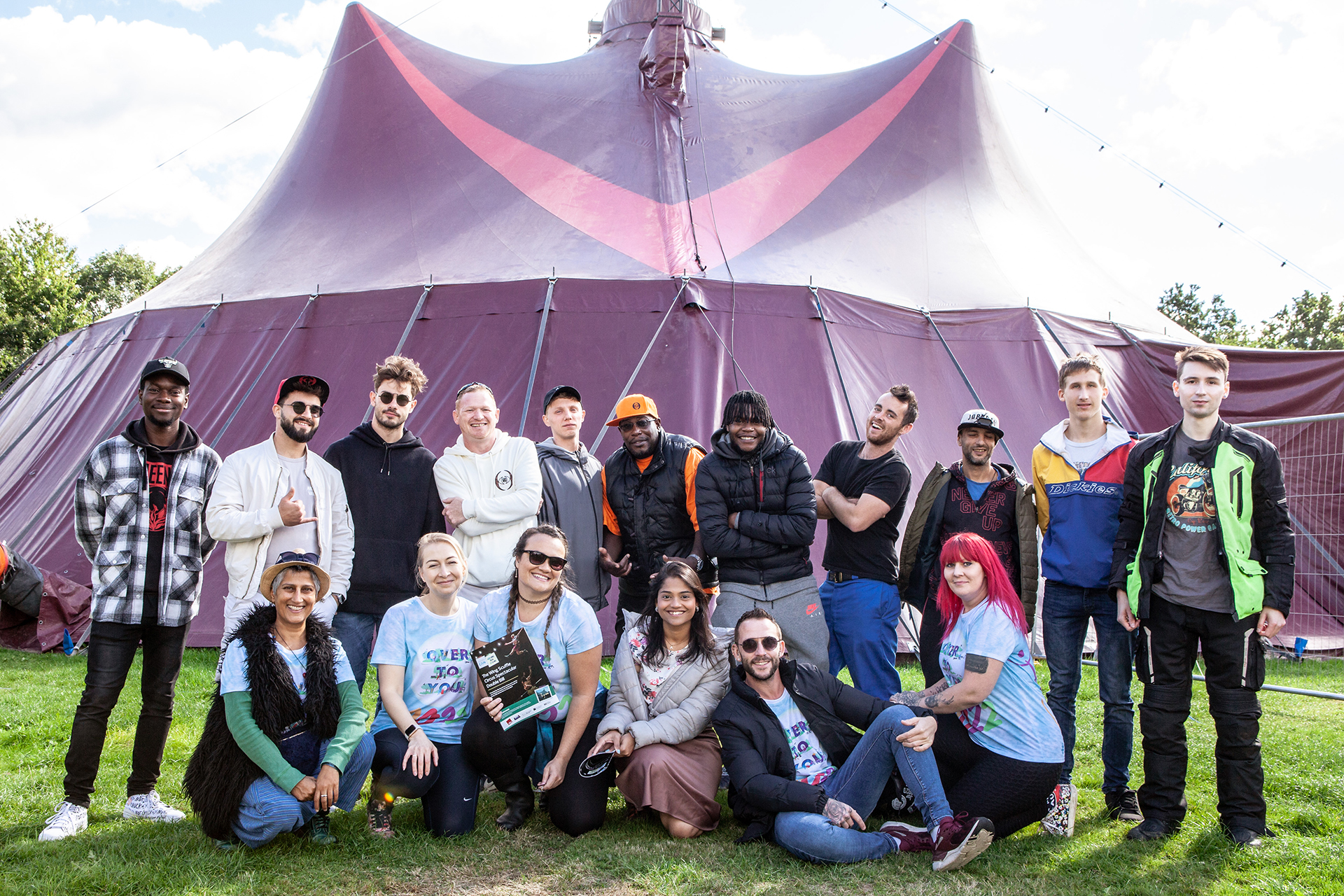
Introducing Public Engagement
Making sense of public engagement and the contribution it makes to the work of the university sector.

We must break down the barriers between research and innovation and wider society. We must engage widely to build shared understanding between those who consider themselves to be part of the research and innovation system and those who do not
What is Public Engagement?
Public engagement describes the many ways organisations seek to involve the public in their work. For universities this covers a range of types of engagement, for instance 'civic' or 'community' engagement, which are part of the same family.
Public engagement emerged in the HE sector in the early 2000s. At a time when public understanding of science was the prevailing orthodoxy, public engagement sought to involve people and communities more actively, as a mutually beneficial activity.
This has led to the development of a range of techniques, such as public dialogues and consultation (which provide opportunities for university staff and students to listen and take account of public views and values) or collaborative and participatory practices (which actively involve people in discovery and learning).

Public engagement describes the myriad of ways in which the activity and benefits of higher education and research can be shared with the public. Engagement is by definition a two-way process, involving interaction and listening, with the goal of generating mutual benefit.
How can universities embed public engagement in their work?
Public engagement can animate all parts of a universities work. Typically, engaged universities will incorporate public engagement into their research, knowledge exchange, teaching, and social responsibility. Clearly these areas often overlap, depending on how a university organises itself.
Some of the activities that might typically be involved include:
Public engagement with research: Actively involving the public in research activity of the institution
Knowledge exchange: increasing the two-way flow of knowledge and insight between the university and wider society
Engaged teaching: Developing teaching activities which positively impact on the community and enhance students' engagement skills
Social and civic responsibility: Seeking to maximise the benefits that the institution can generate for the public

The NCCPE Engage Watermark is granted to universities where engagement runs through the fabric of their organisation.
How can I engage with the public? What impact might this have?
The types of public engagement universities engage in can be simplified into three broad types: inspiring and informing; consulting; and collaborating.
For each of these approaches, there are a range of methods that can be deployed. For instance, for ‘inspiring and informing’, public lectures and talks, media and festivals; for ‘consulting’, public dialogues and advisory groups; and for ‘collaborating’, citizen science and co-produced research.
"The types of public engagement universities engage in can be simplified into three broad types: inspiring and informing, consulting and collaborating”
At its best, public engagement is purposeful and creates significant and meaningful impact both for the public and university staff involved and for wider society. It is possible the simplify the kinds of impact that can be realised into three broad types:
Cultivating public understanding: By involving the public in discussion and learning, public engagement enriches our collective curiosity, knowledge and understanding
Increasing participation: Involving the public helps to build skills, capability and confidence, creates new connections and increases participation in civic life.
influencing the public sphere: Involving the public in research and learning helps to ensure that their wisdom, expertise and concerns shape and enhance the work universities do, and helps to increase the impact universities can have in the public sphere.
What might the future hold?
In 2008, when the NCCPE as established, there was a widespread concern about how universities were failing to value or support high quality public engagement. Since then, more incentives have been built into funding and policy, and many universities have developed programmes and strategic initiatives, creating a body of evidence about ‘what works’.
So what might the future hold? Three trends seem important to us:
Public engagement – an embedded rather than ‘bolted on’ approach: Increasingly, funders and universities are expecting the people they fund to build meaningful public engagement into the design of research and knowledge exchange – rather than treating it as a separate activity to be ‘bolted on’, often at the end of a project. Wellcome’s new focus on ‘Engaged Research’ foregrounds this expectation, as they move away from funding discrete public engagement interventions. UKRI’s new strategy outlines a similar expectation.
Public engagement expertise – distributed across institutions: The last 15 years has seen the rise of a cadre of highly skilled ‘Public Engagement Professionals’ (PEPs). As engagement is increasingly recognised as a core part of the HE landscape, PEP roles have diversified, with engaged researchers, research associates, impact teams, community engagement teams, civic teams and others playing a significant role in building capacity for effective engagement work. These roles will make an increasingly important contribution to the research ecosystem.
People-centred, inclusive culture and practice on the rise: A host of ‘shocks’ to the HE system – including Covid19, widening inequality and the rise of social movements like Black Lives Matter – have exacerbated the pressures on universities to engage better with society. There is a new urgency to embedding support for high quality engagement.

At the heart of university life is the imperative to create new knowledge and understanding and develop valuable and effective partnership working. That’s why the University of Derby is committed to public engagement, that delivers long lasting positive impact for our staff, students and the wider communities